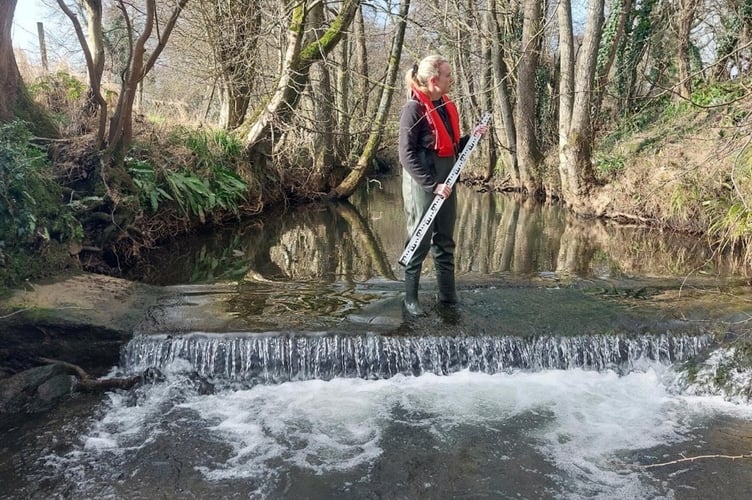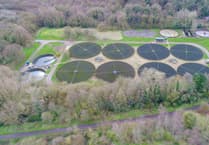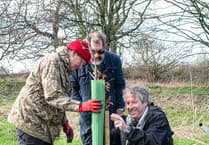The Bristol Avon Rivers Trust (BART) is preparing to deliver work to improve habitat for the critically endangered european eel, brown trout, river lamprey and other aquatic species on the Cam and Wellow Brooks in Somerset under a new grant awarded by Natural England.
The project comes at a time when the river environment and the wildlife that live in it are coming under a sharper news spotlight in recent months. For example, the once common European Eel is now classified as critically endangered, with the number returning to European waters declining by as much as 95 % over the last forty years. Populations of trout, river lamprey and associated species have also suffered alongside the general health of our rivers.
Due to this, local partners of the Bristol Avon Catchment Partnership (a grouping of the statutory and voluntary sector bodies concerned with the management of the Bristol Avon) have shown a desire to address the problem by publishing the Bristol Avon Fish Recovery Strategy, which has raised awareness of the necessity of re-establishing a healthy natural balance in our rivers.
This project will help deliver the strategy within a sub-catchment identified as a priority to restore native fish populations.
To help achieve this, BART has been awarded £134,000 by the Natural England Species Recovery Programme to remove barriers currently stopping or delaying the migration of these species upstream from the Bristol Avon, via the Midford Brook, into these two Somerset brooks.
Under their “Cam and Wellow Eel project”, BART seeks to address a number of challenges by providing safe passage for eels to overcome key barriers, thus allowing this migratory species to access habitat further upstream. This will be done by providing eel passes on larger weir structures, removing small weir obstructions and enhancing wetland habitat along the river. This work will benefit not only eels, but also other fish and aquatic species. The project will run for two years and on its completion will result in 9.5 km of additional habitat for European eels to move into, of which 4.5km will also be accessible to fish including brown trout and river/brook lamprey. Two km of improved general river habitat work will also be undertaken.
Before and after the interventions are carried out, the project will conduct fish eDNA surveys, giving the Trust a more complete picture of the species present and absent throughout the brooks. On hearing news of the successful grant application, Michael Thompson, Senior Project Manager at BART, says: “Nature recovery work, such as that planned on the Cam and Wellow Brook’s, will benefit every single one of us.
With the help of this generous support from Natural England’s Species Recovery Programme, visitors to these wonderful rivers will benefit from increased opportunities to experience nature returning, whilst healthier cleaner rivers will also help to tackle problems of flooding, drought and water pollution downstream.
This work also links into a recently published Fish Recovery Strategy for the wider Bristol Avon (available from BART and the Bristol Avon Catchment Partnership), which shows how habitat improvements can be achieved elsewhere in the catchment. This covers possible works to improve the river environments stretching from Bristol’s floating harbour to, for example, the high wildlife potential tributaries of the Chew and Somerset Frome at Keynsham and Bath. Having iconic species such as trout and eels back in good numbers and in good health will be a fantastic reward for the work that is being put in by so many people to improve the health of our rivers and wider ecosystems.”
The BART Cam and Wellow Eel project has been funded by Natural England under its Species Recovery Programme. Launched on 14th September, the Programme will offer grants totalling some £14 million to help halt and reverse declines in populations of our most threatened species.
The BART Cam and Wellow Eel project is one of sixty three projects that are being awarded grants under the two year programme to address issues effecting populations of rare species including, for example, the critically endangered European eel, Greater Mouse-eared bat; endangered Sand lizard, Atlantic salmon and Eurasian curlew, the vulnerable Pasqueflower, Grizzled skipper and Northern lapwing.
A link to BART’s programmes and news updates is available here https://bristolavonriverstrust.org/




